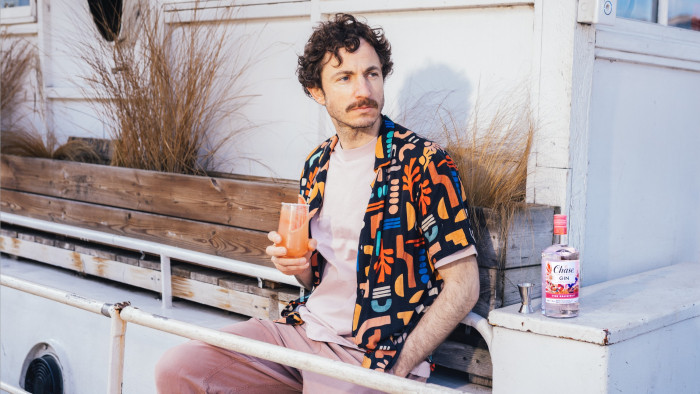Your trypophobia - that fear of tiny holes - is totally legit - scientists explain why
You are right to hate them, scientists say


I’m already having a tough time writing this article, because even before putting fingers to keyboard, I had a great number of revolting images crashing about inside my head. I can’t get them out, and writing this is making it worse – but hey, I can’t let my editor know I’m a wet-wipe, so I’m just buckling down and doing this thang.
So, trypophobia – a fear of clusters of small holes. You might know about it, you might have it. If you feel intense repulsion upon looking at things like a lotus flower, or honeycomb, or any number of foul don’t-google-them images of parasitic skin infections, then you’ve probably got it. Although not officially recognised as a fear, it’s still something a lot of people claim to have, me included. I mean, I’ll happily look at honeycomb, but show me a fucking botfly infestation and I’m absolutely done for the rest of the day, no turning back, my brain forever altered (I did this this morning).

Anyway, scientists reckon they know why you have this fear, and it’s all because of a deep-seated anxiety of parasites, disease and dangerous animals. A research team, led by Tom Kupfer of the University of Kent’s School of Psychology, found that many infectious diseases lead to clusters of round shapes on the skin, like smallpox, measles, rubella, typhus, scarlet fever. Also, and far more disgustingly, ectoparasites like scabies, tics and botfly lead to foul (don’t google it. You’re googling it aren’t you?) skin lesions and holes. Christ, I need a drink.
The research included getting 600 participants – 300 with trypophobia and 300 without – to look at a bunch of pictures of diseased body parts (what a way to spend an afternoon), and then a group of photos of non-disease relevant stuff, like small holes drilled in a brick. Obviously, and I don’t see what this method is proving, the people with trypophobia hated all the images, and the people without it only hated the disease pictures.

However, what they did find was that this fear of holes wasn’t actually a ‘fear’ at all – at least not in the way that a fear of spiders is. Those with trypophobia experienced disgust over actual fear, an emotion which has the function of motivating people to avoid potential infection. People also reported feeling their skin itch, or the sensation of insects crawling over their body (help me), so there’s your ectoparasite response.
Basically, you don’t like holes because they remind you of disease and bugs, and you want to stay clear of disease and bugs. You’re not actually scared of the bubbles in a coffee, you’re just experiencing a physical and emotional response to “protect” you from potential infestation. Hell, I’m out.








